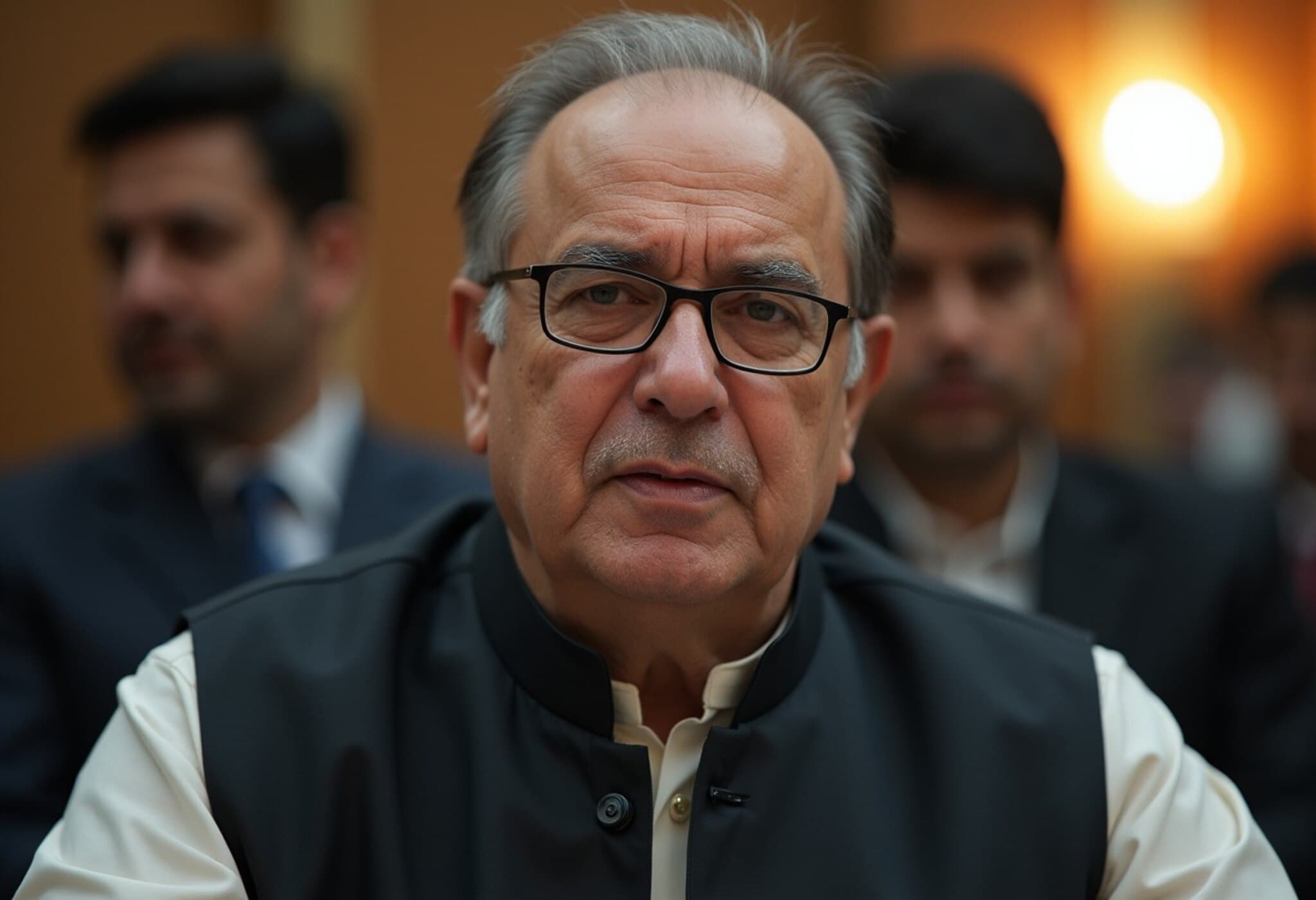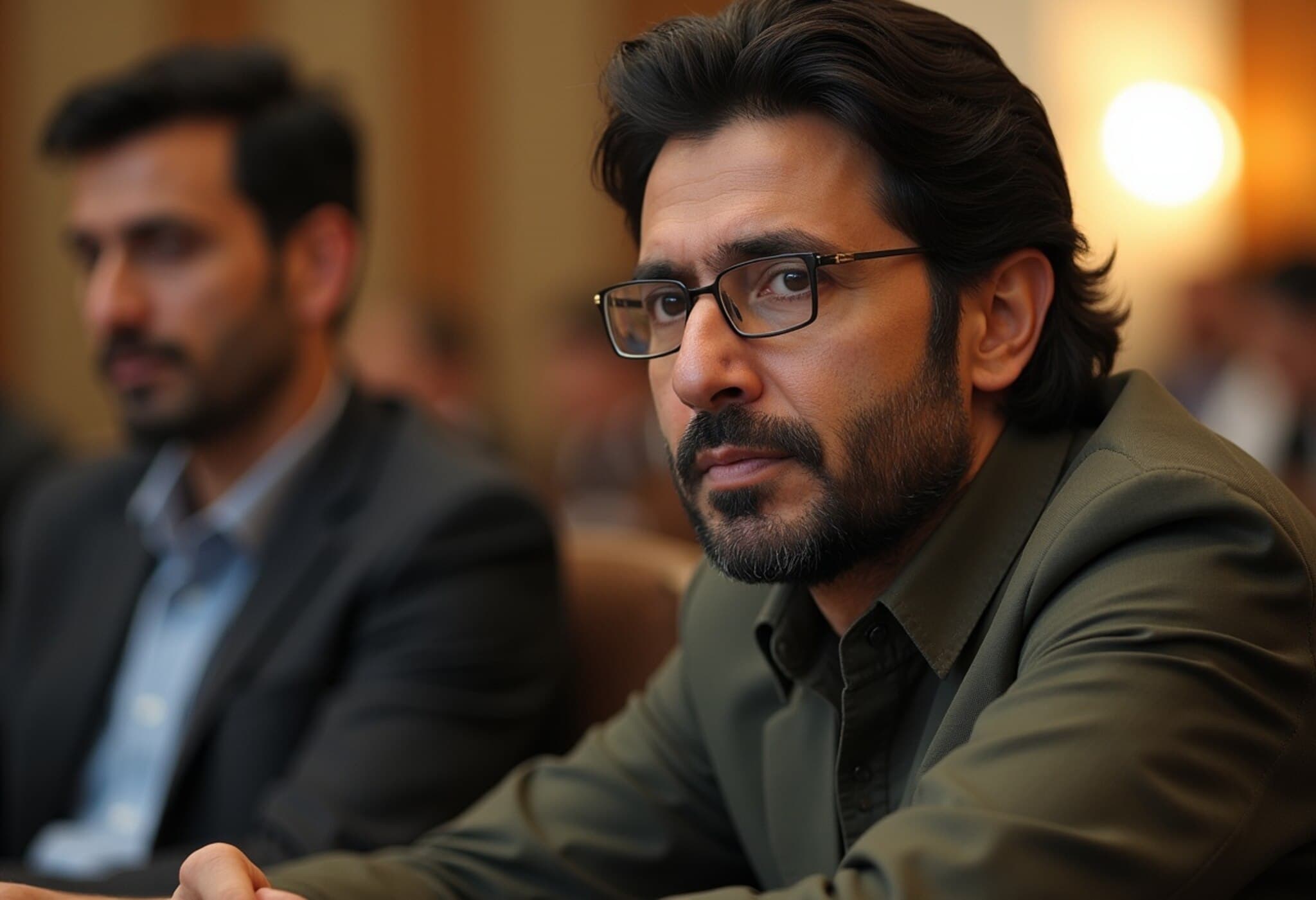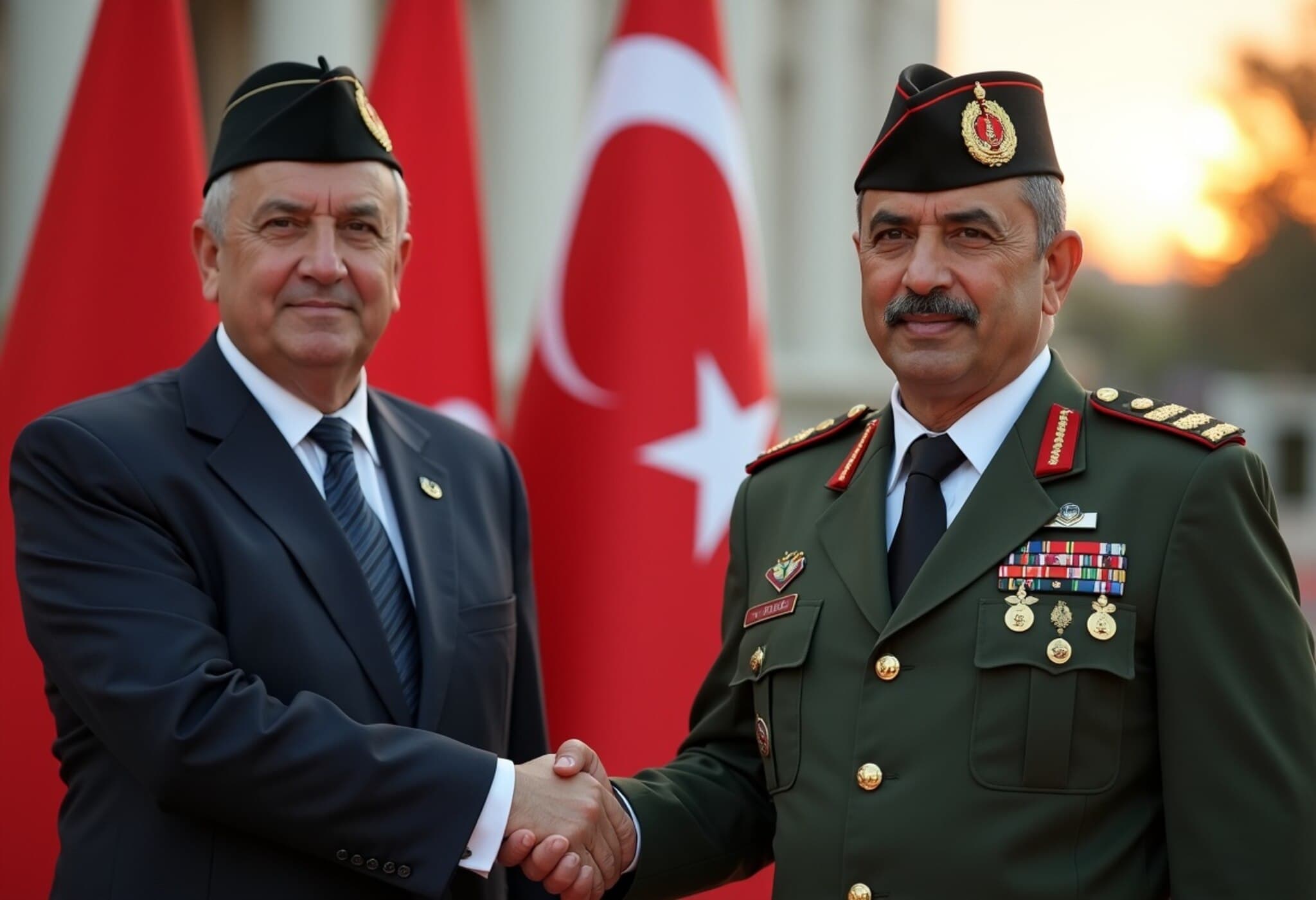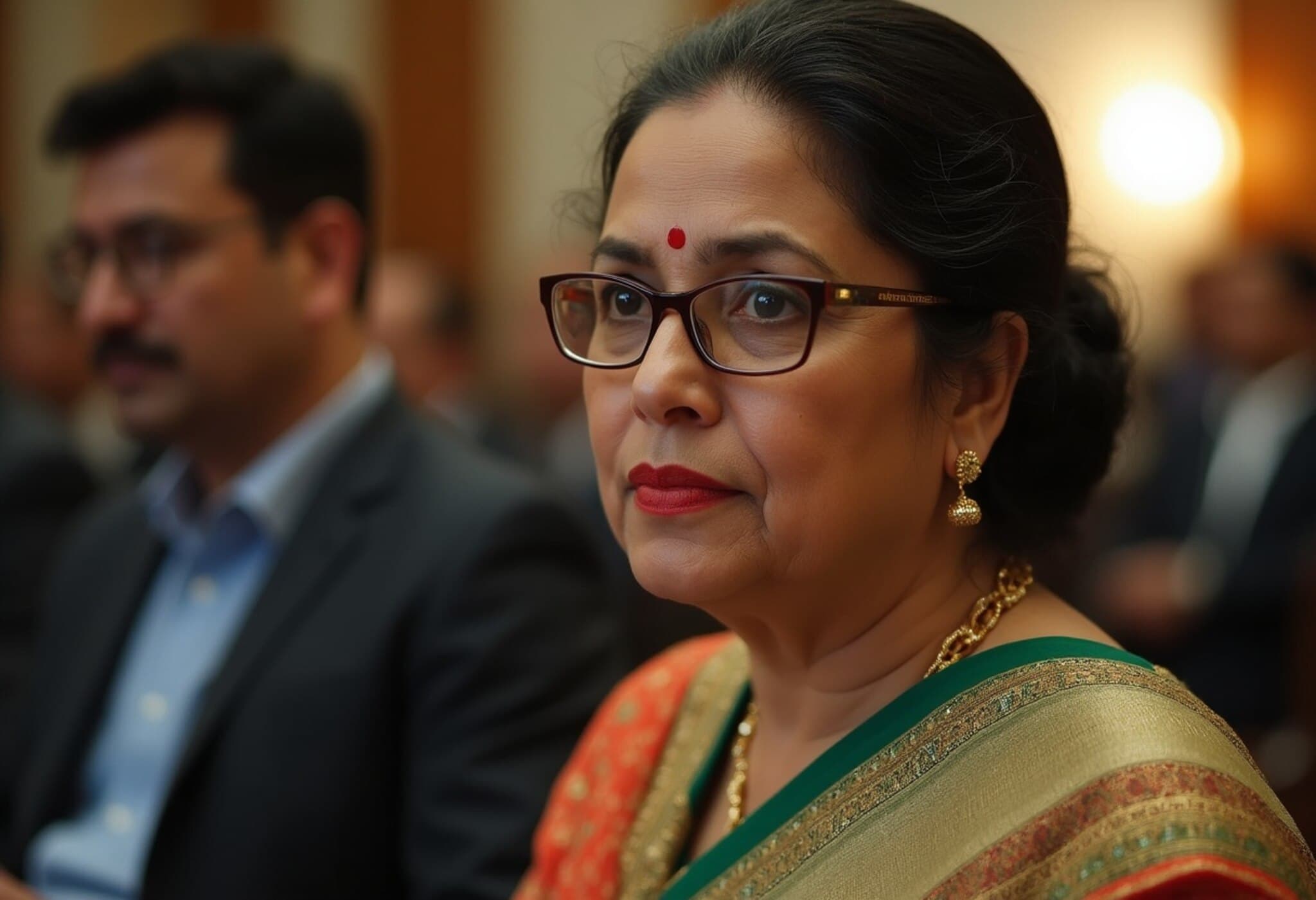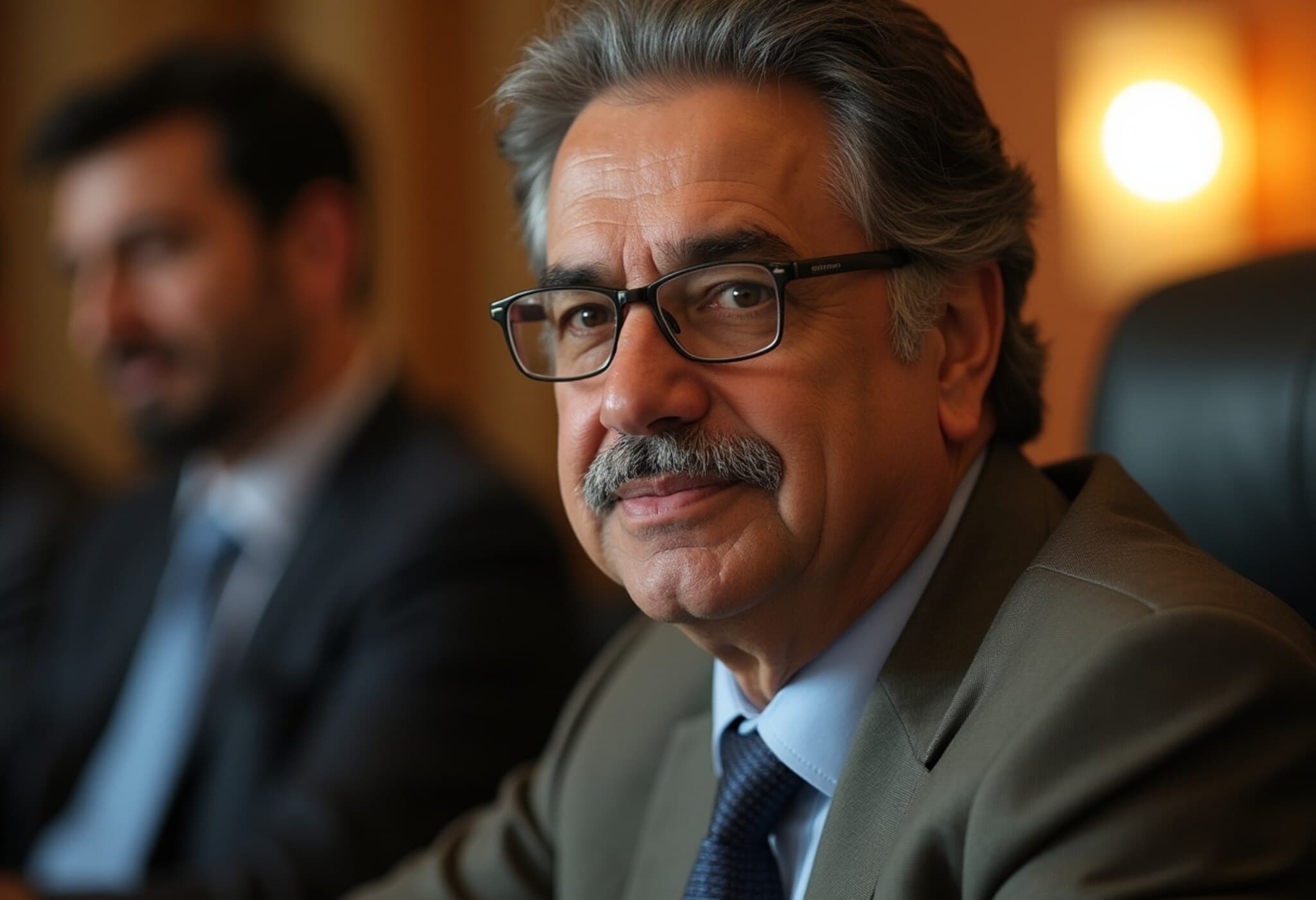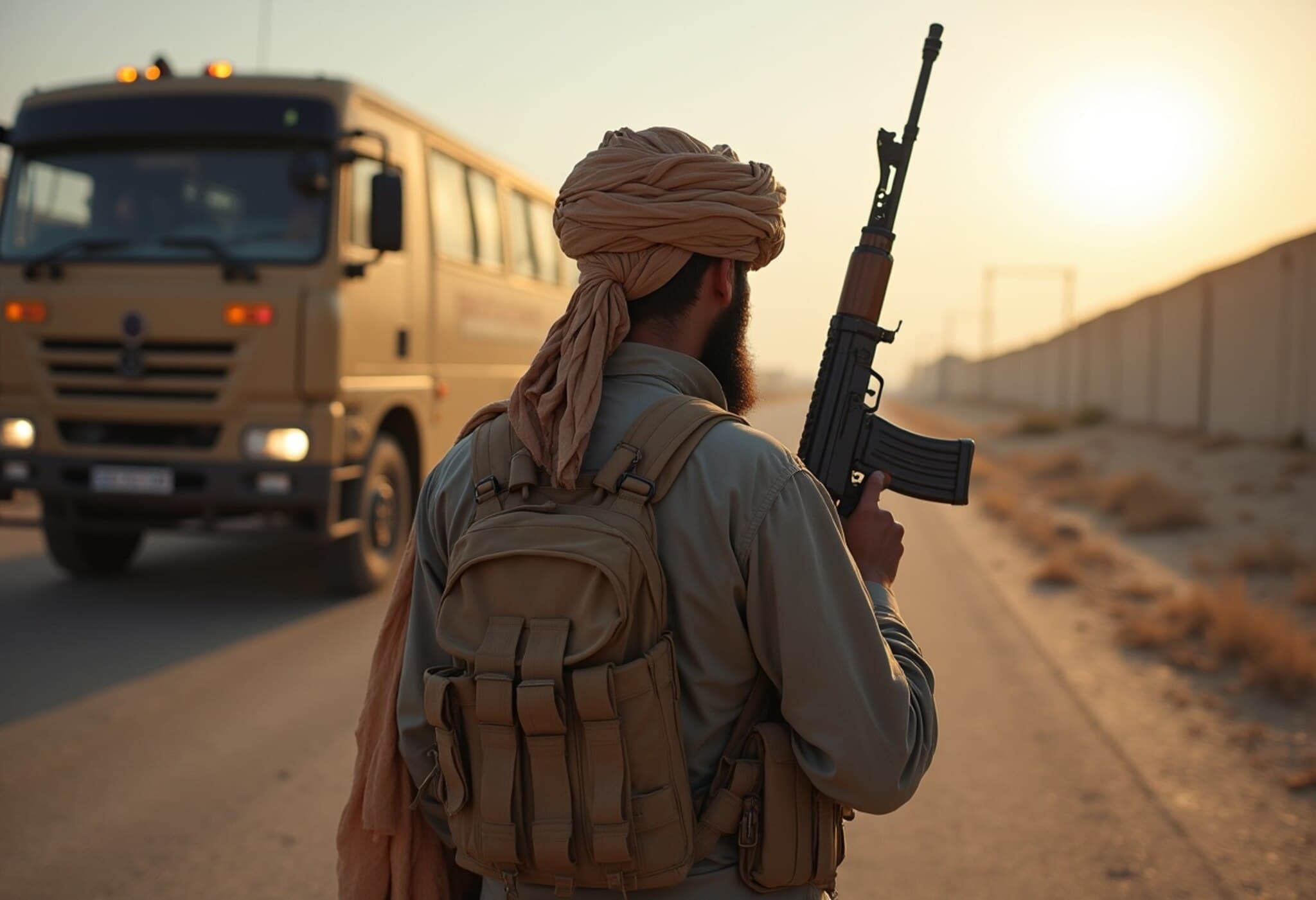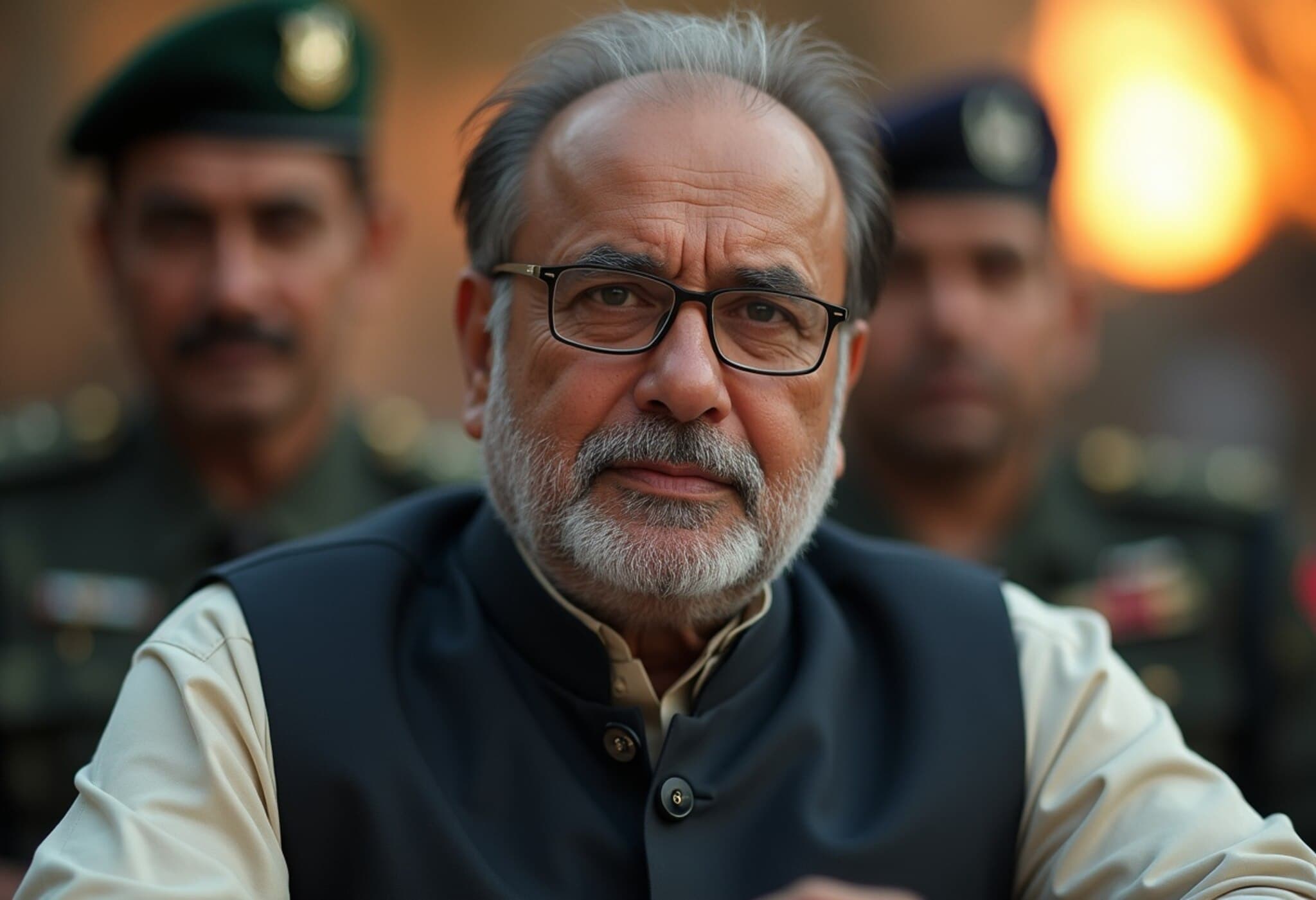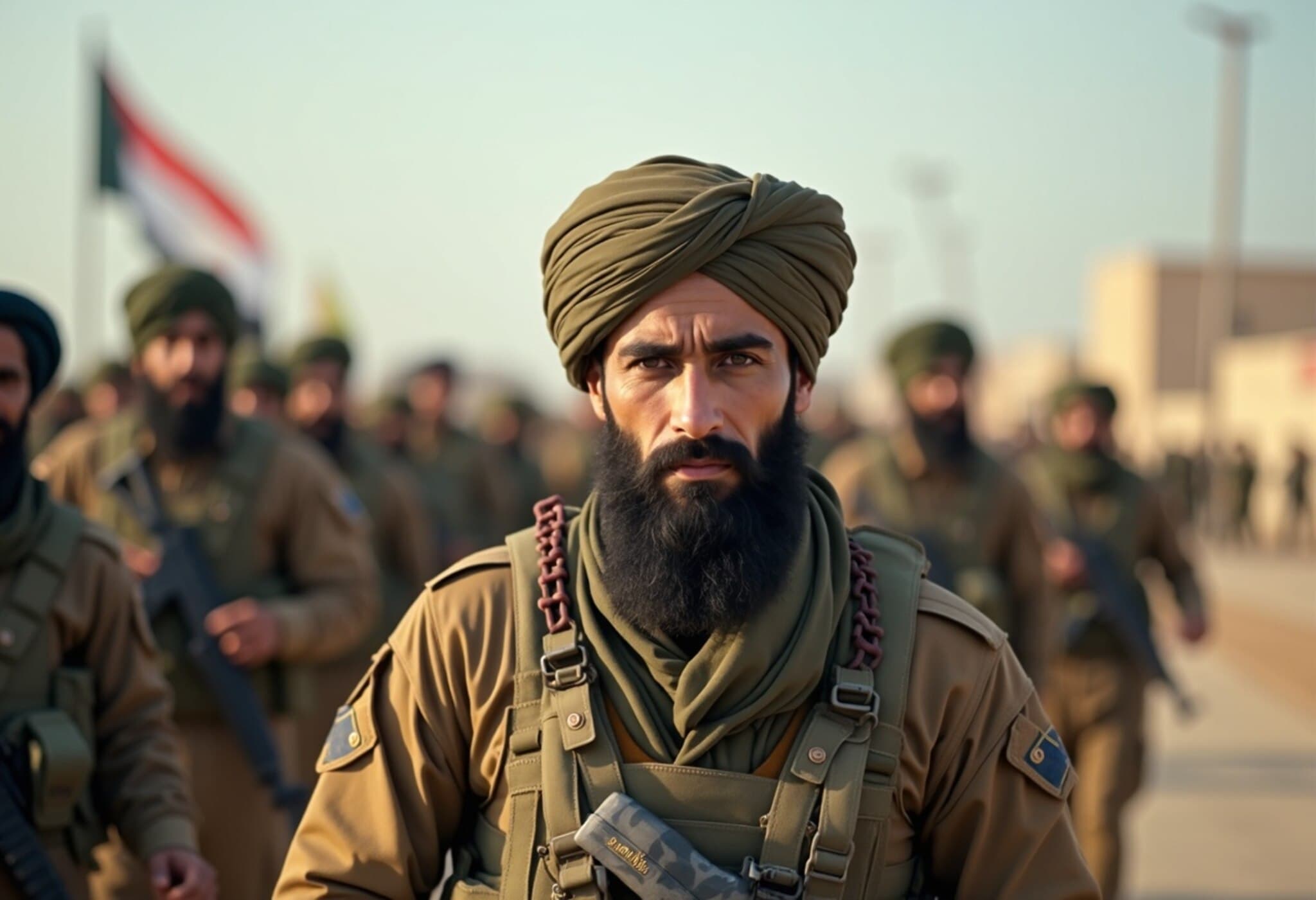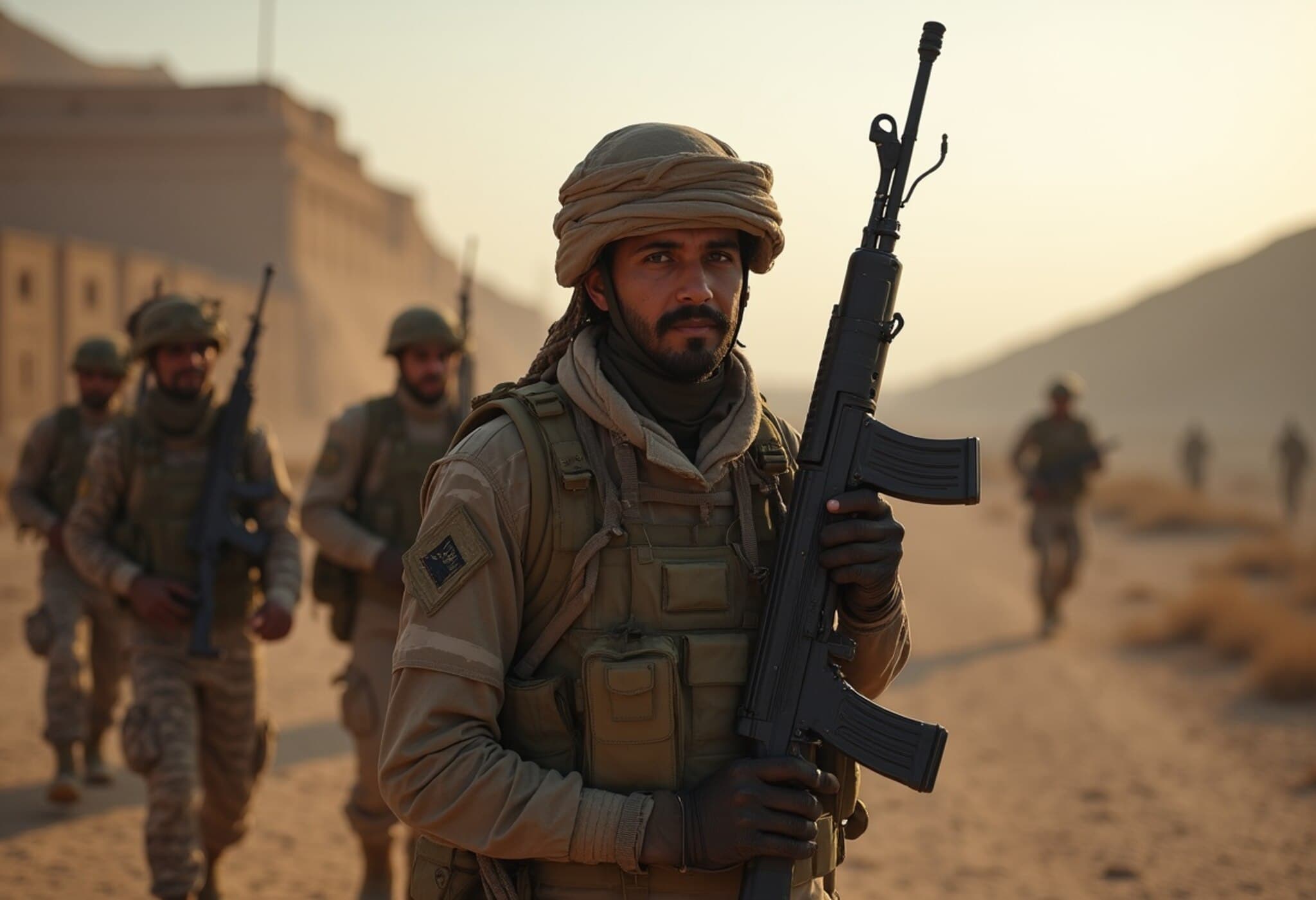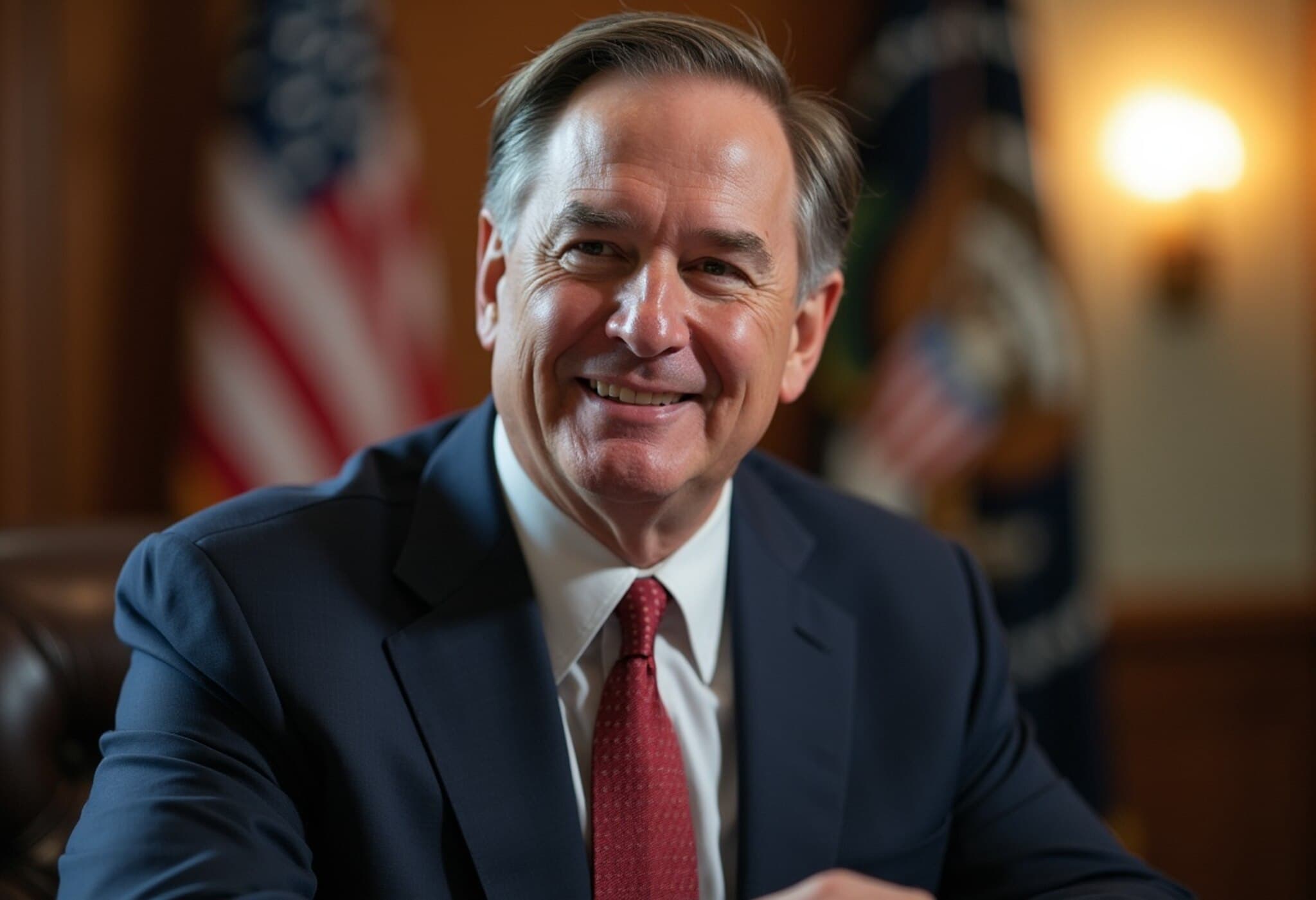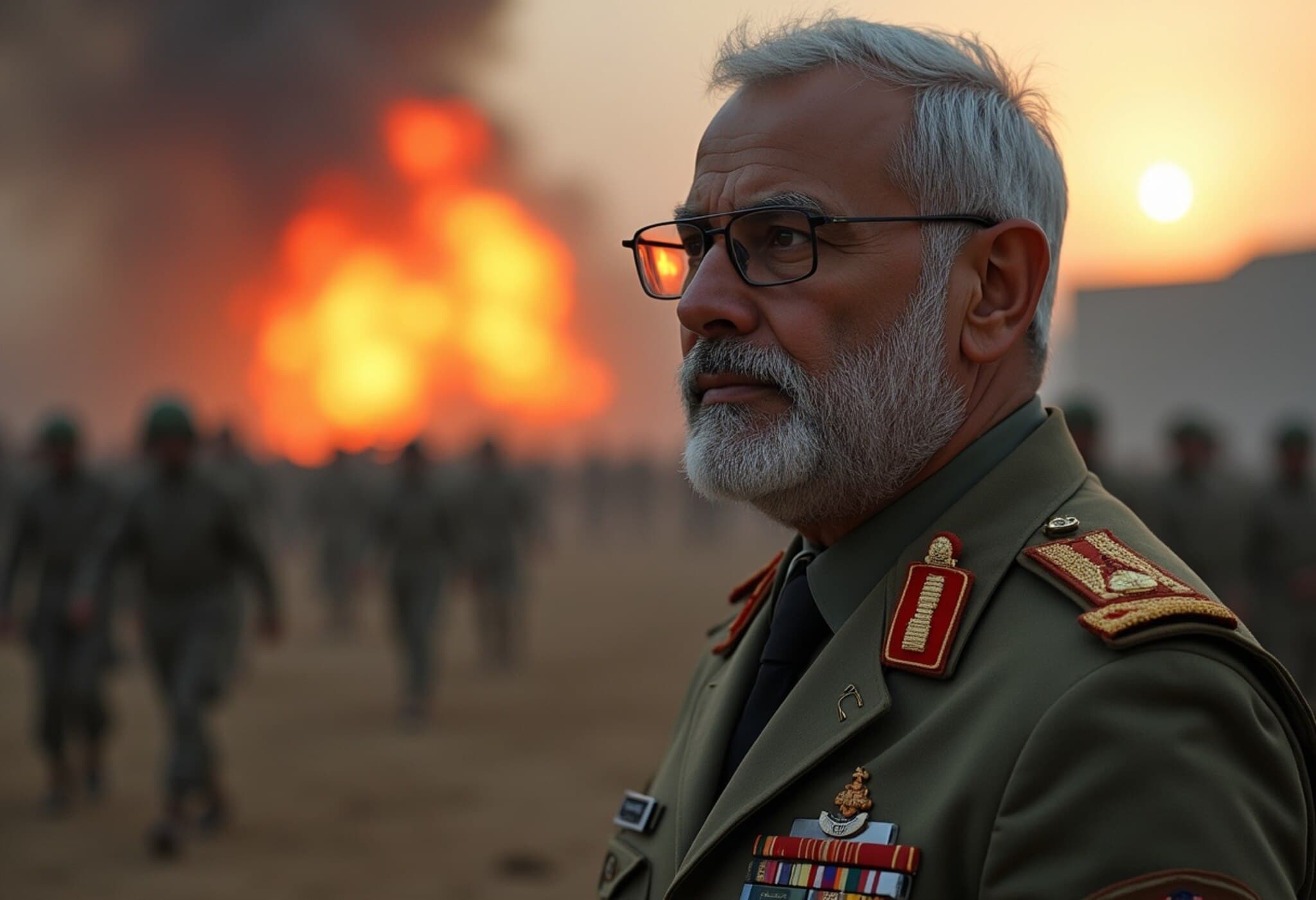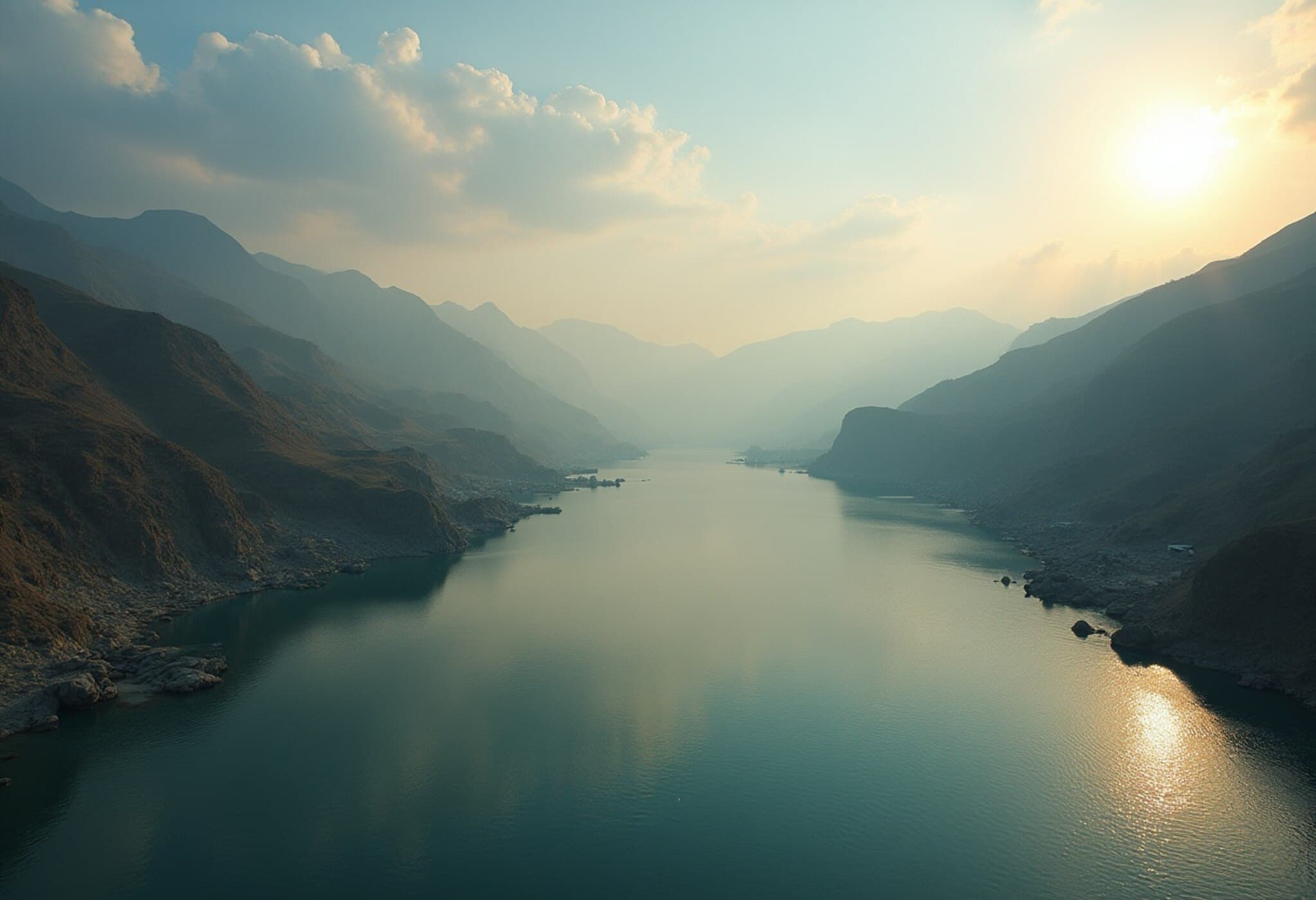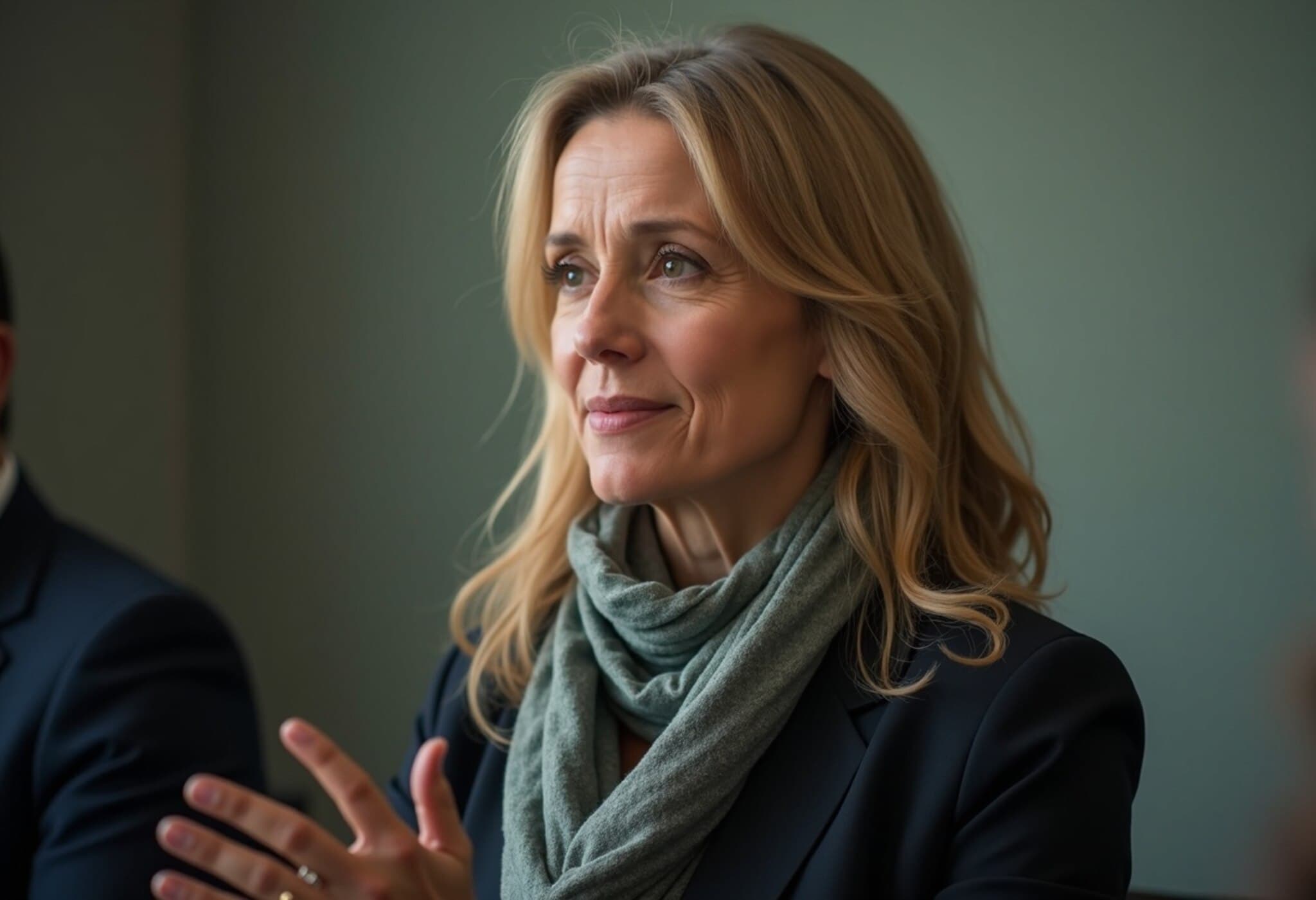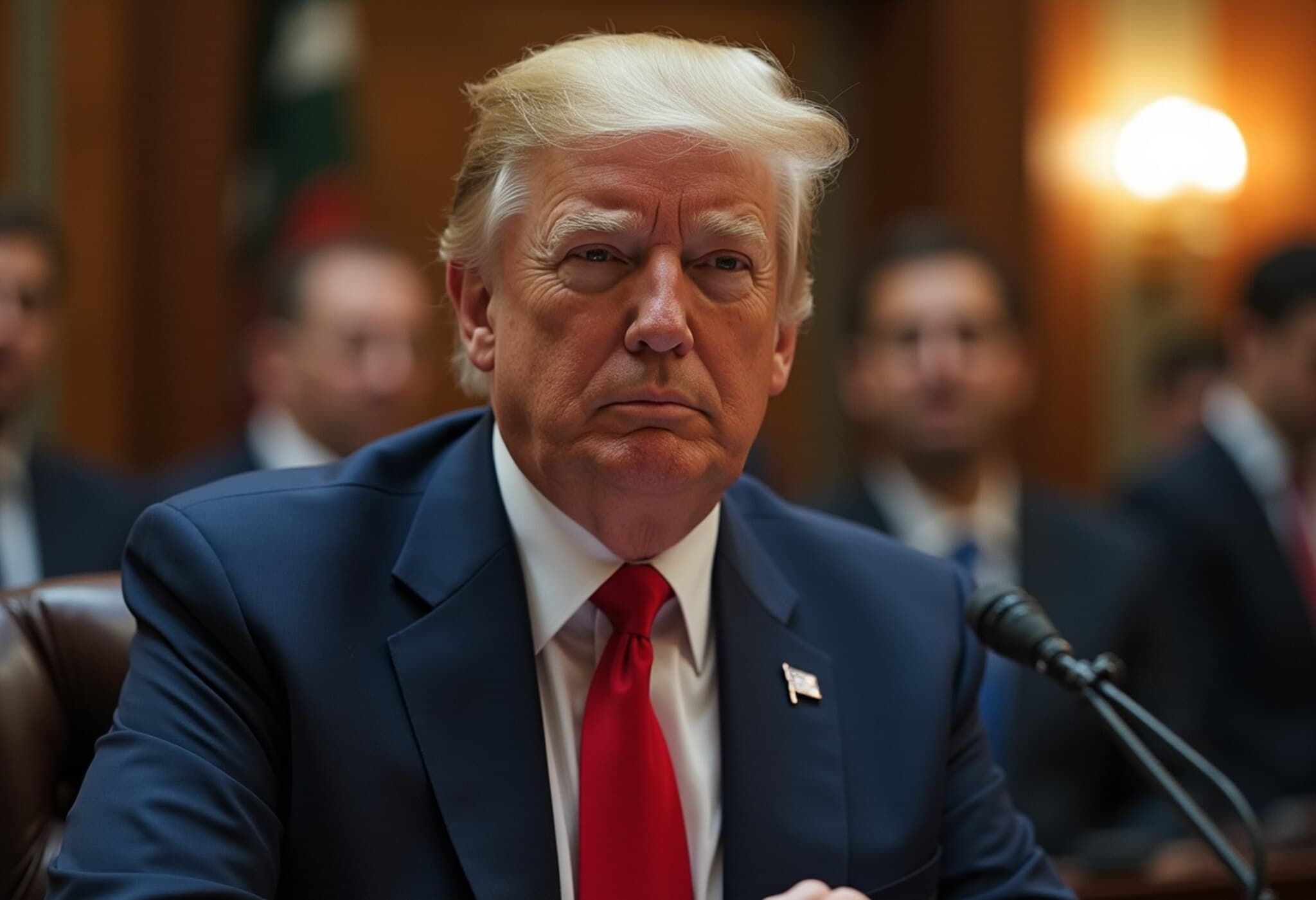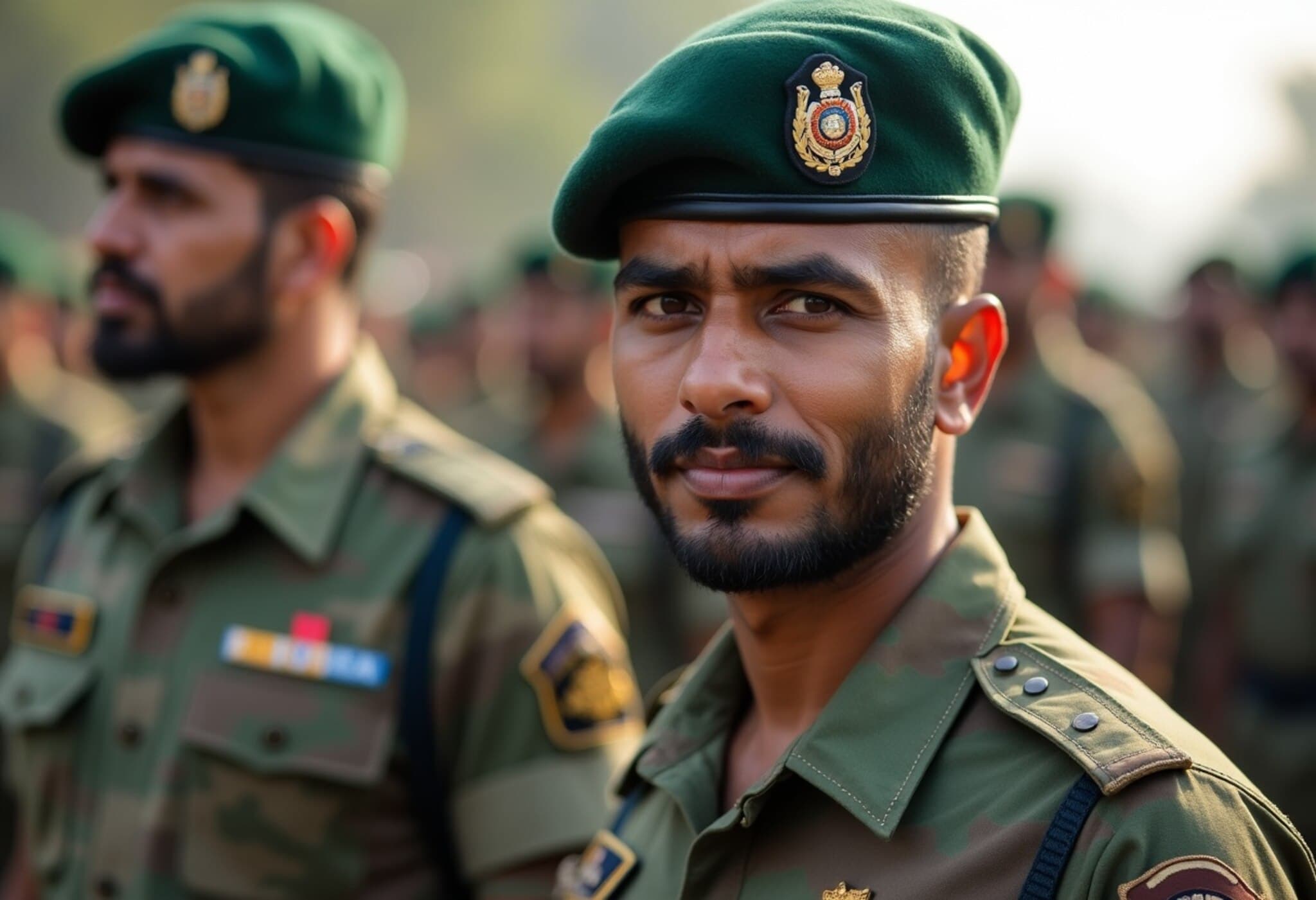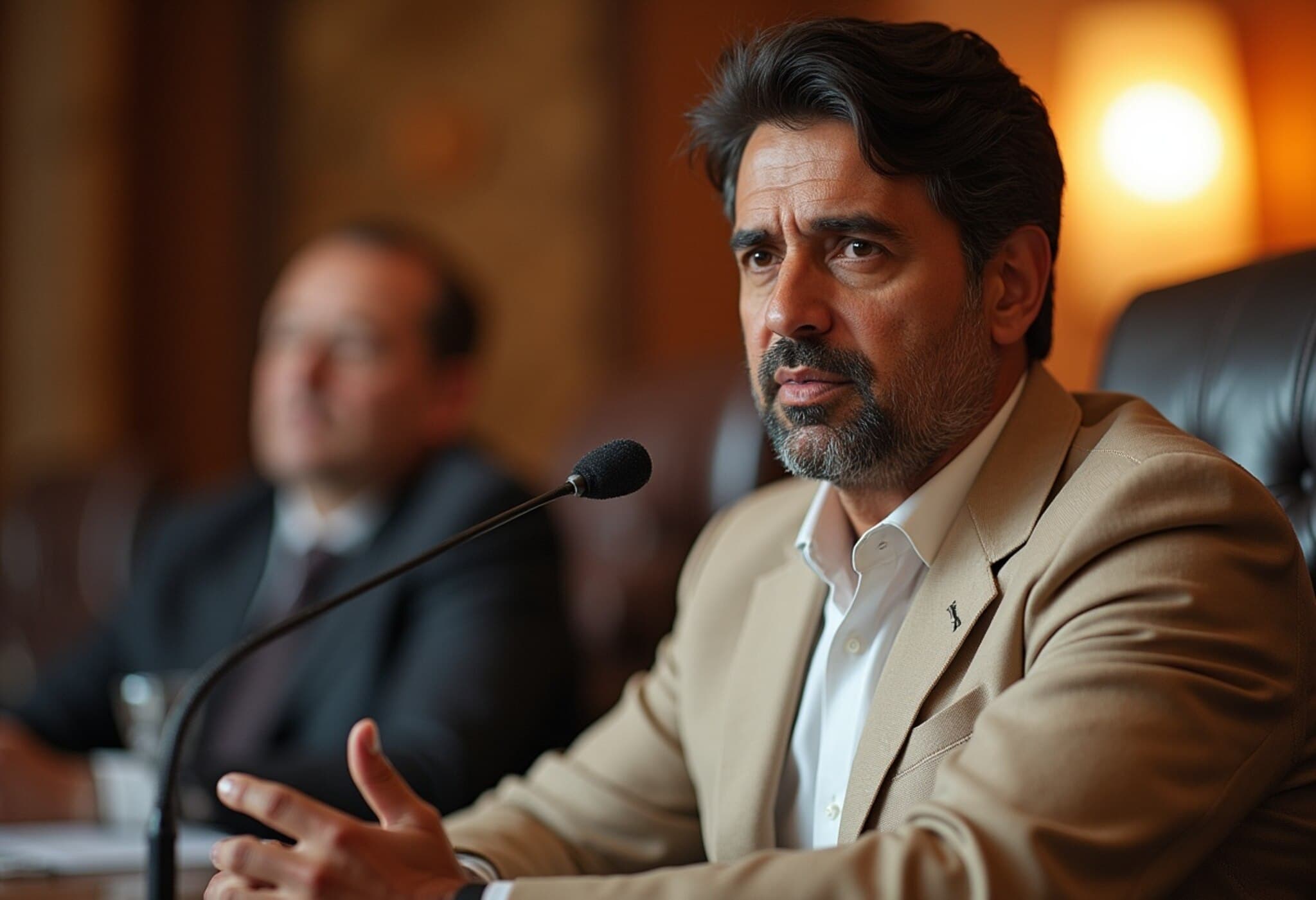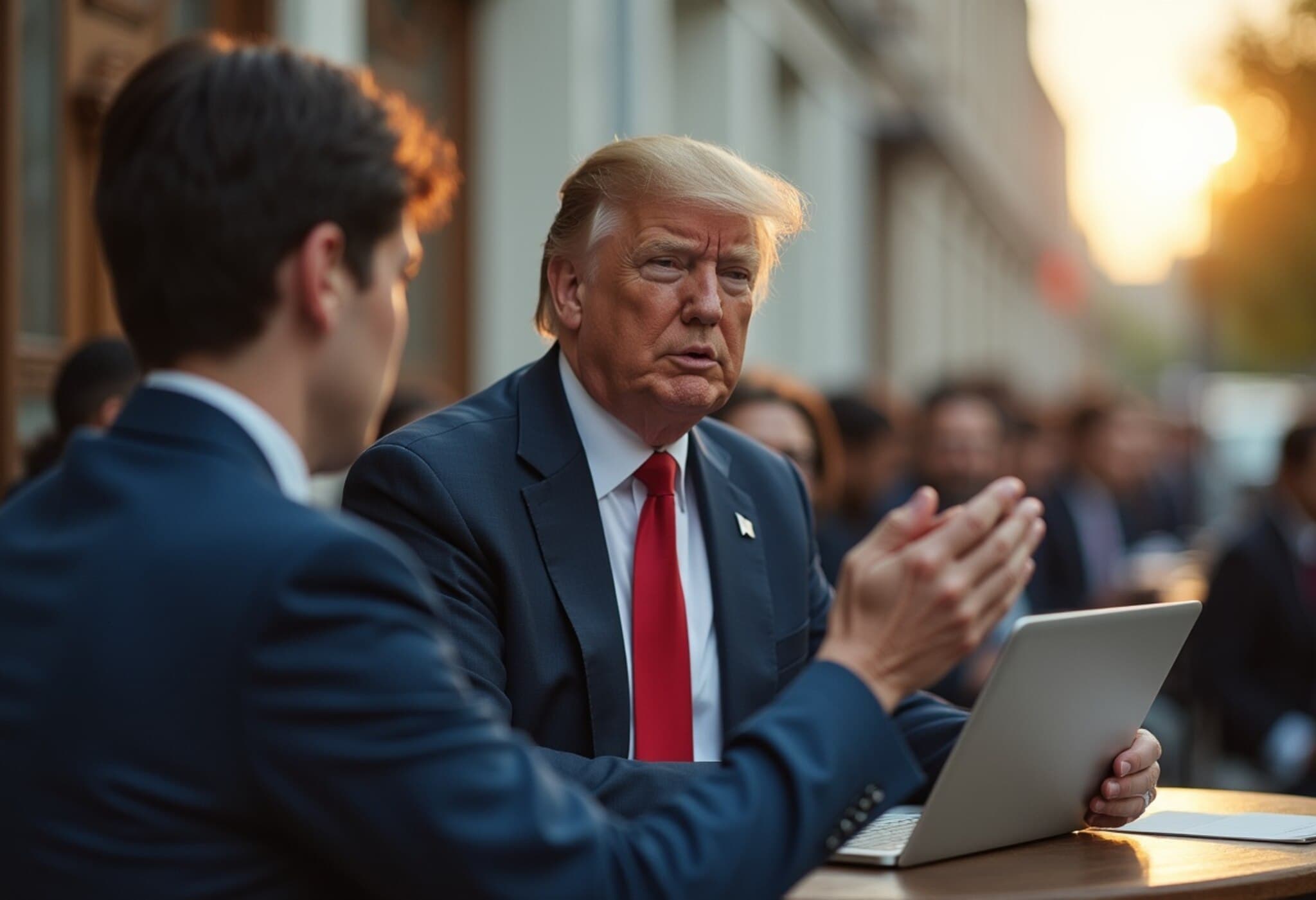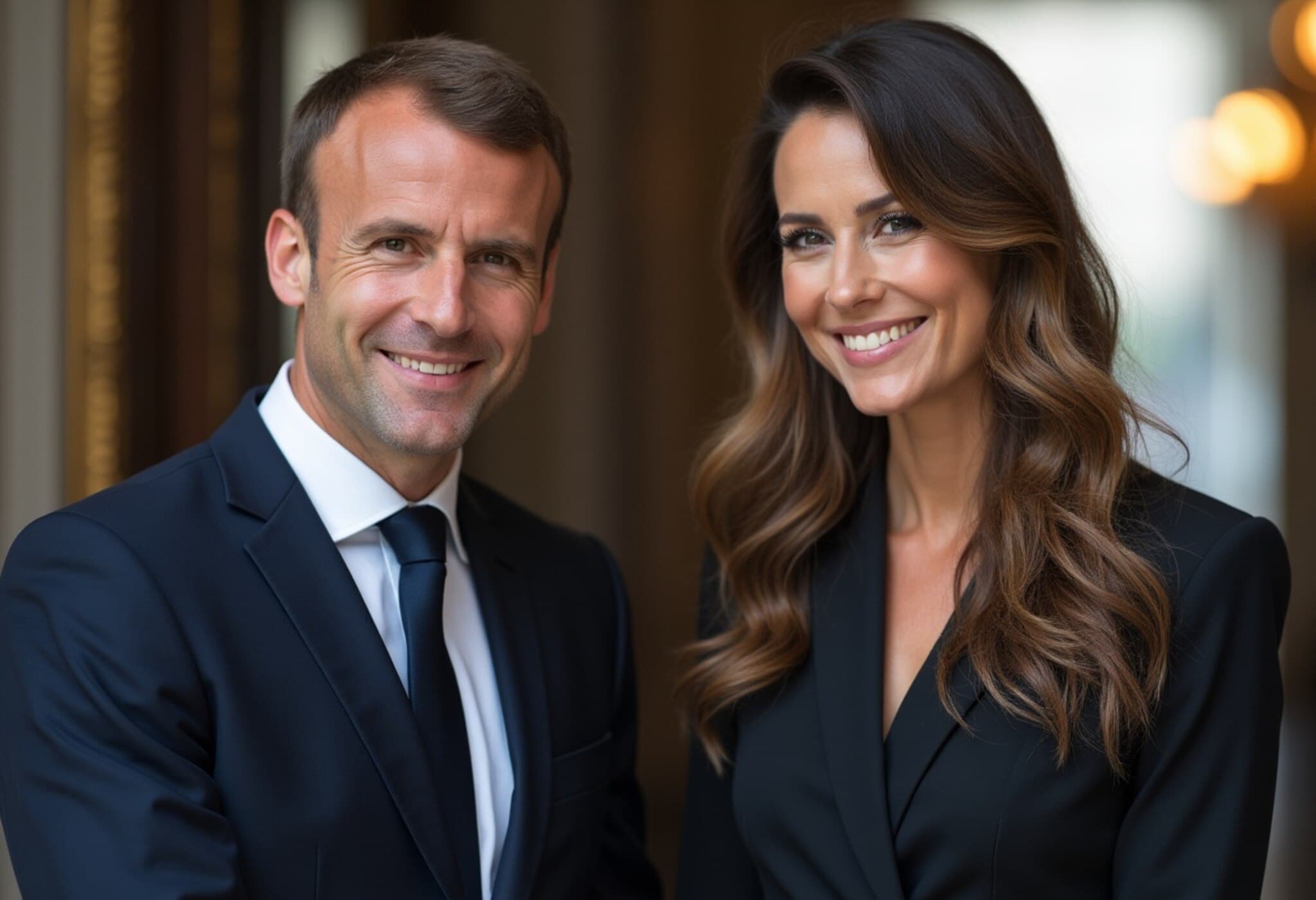Pakistan’s Renewed Dialogue Call
On July 24, 2025, Pakistan Prime Minister Shahbaz Sharif extended a fresh invitation for meaningful dialogue with India, aiming to resolve the lingering array of bilateral disputes. Speaking during a meeting with British High Commissioner Jane Marriott in Islamabad, Sharif emphasized Pakistan’s willingness to engage in talks on all outstanding issues. He also appreciated the UK's efforts in defusing recent tensions between the two neighbors.
India’s Well-Founded Skepticism
Despite these overtures, New Delhi greeted the offer with cautious skepticism, reflecting a long-standing mistrust shaped by decades of fluctuating peace efforts overshadowed by acts of hostility. India insists that any dialogue must be contingent upon clear and verifiable action from Pakistan to end cross-border terrorism and address issues related to Pakistan-occupied Kashmir (PoK).
A Historical Pattern of Peace and Betrayal
This call for dialogue, while hopeful on the surface, triggers memories of previous peace gestures that unraveled into conflict or violence, undermining trust between the two nations. Key historical incidents include:
- 1999 Kargil War: Following Prime Minister Atal Bihari Vajpayee’s landmark Lahore visit and peace initiative with Nawaz Sharif, Pakistani forces and militants launched a militant incursion in Kargil, igniting a deadly conflict.
- 2001 Agra Summit and Parliament Attack: The genuine efforts at dialogue collapsed after the 2001 terrorist attack on India’s Parliament by Pakistan-backed militants, escalating tensions dangerously close to war.
- 2008 Mumbai Attacks (26/11): Despite years of back-channel talks, the devastating Mumbai attacks carried out by Lashkar-e-Taiba operatives shattered residual trust between the countries.
- Post-Uri and Pulwama Attacks: The 2016 Uri and 2019 Pulwama terror attacks, linked to Pakistan-based terror outfits, were met with targeted Indian military responses, including surgical strikes and Balakot airstrikes, highlighting persistent security threats.
Understanding India’s Stance
India’s government has repeatedly underlined that dialogue without a tangible demonstration of Pakistan dismantling terrorist networks amounts to an empty gesture. This cautious stance reflects a strategic imperative for India — peace talks must be built on a foundation of trust and security, not rhetoric alone.
Many experts argue that Pakistan’s periodic calls for dialogue often coincide with strategic pauses or diplomatic pressures, rather than sincere conflict resolution attempts. As geopolitical analyst Dr. Arjun Mehta notes, "India’s skepticism is not about hardening positions, but about demanding accountability and results before engaging in peace talks." This perspective resonates broadly within Indian policy circles, where peace is viewed as a process requiring more than just words.
Regional Implications and International Perspectives
The fragile security environment in South Asia means that even well-intentioned diplomatic moves face uphill battles. The UK’s involvement, appreciated by Sharif, reflects international interest in stabilizing the region. However, global stakeholders recognize that peace between India and Pakistan demands a sustained commitment beyond public statements.
Critical Questions Remain
- Will Pakistan take demonstrable actions to curb and dismantle terror infrastructure on its soil?
- Can India and Pakistan develop mutually acceptable verification mechanisms to ensure compliance?
- How will international partners influence or support a genuine peace process?
Conclusion
The path to lasting peace between India and Pakistan remains fraught with historical wounds, mutual suspicion, and complex political dynamics. While Shahbaz Sharif’s renewed call for dialogue is a hopeful signal, its reception in New Delhi underscores the need for sincerity backed by action. As the relationship between these nuclear-armed neighbors continues to oscillate between hope and hostility, the broader South Asian region watches closely, yearning for stability and progress.

